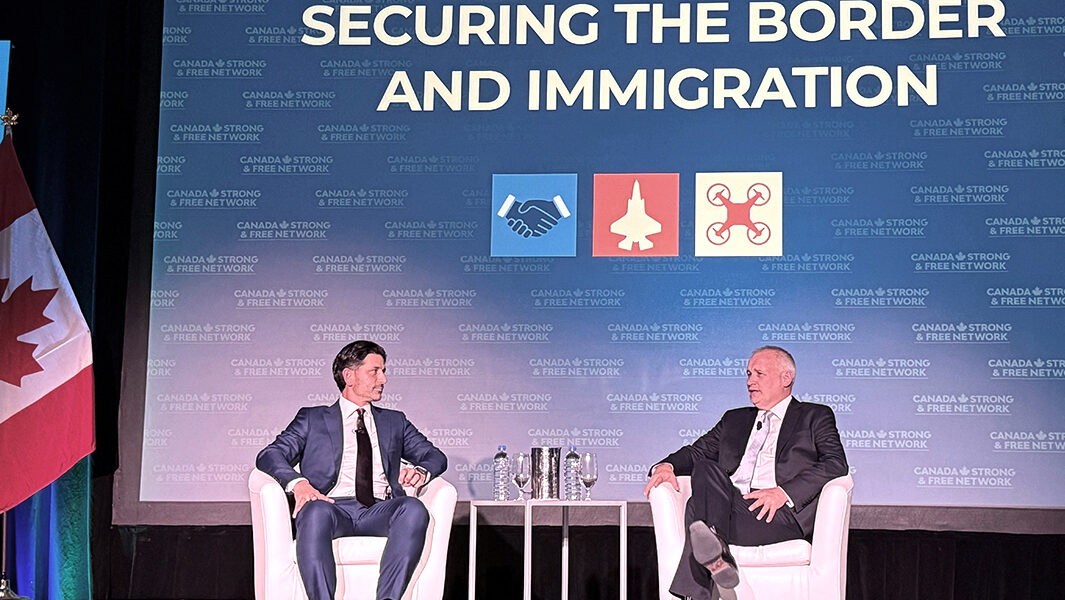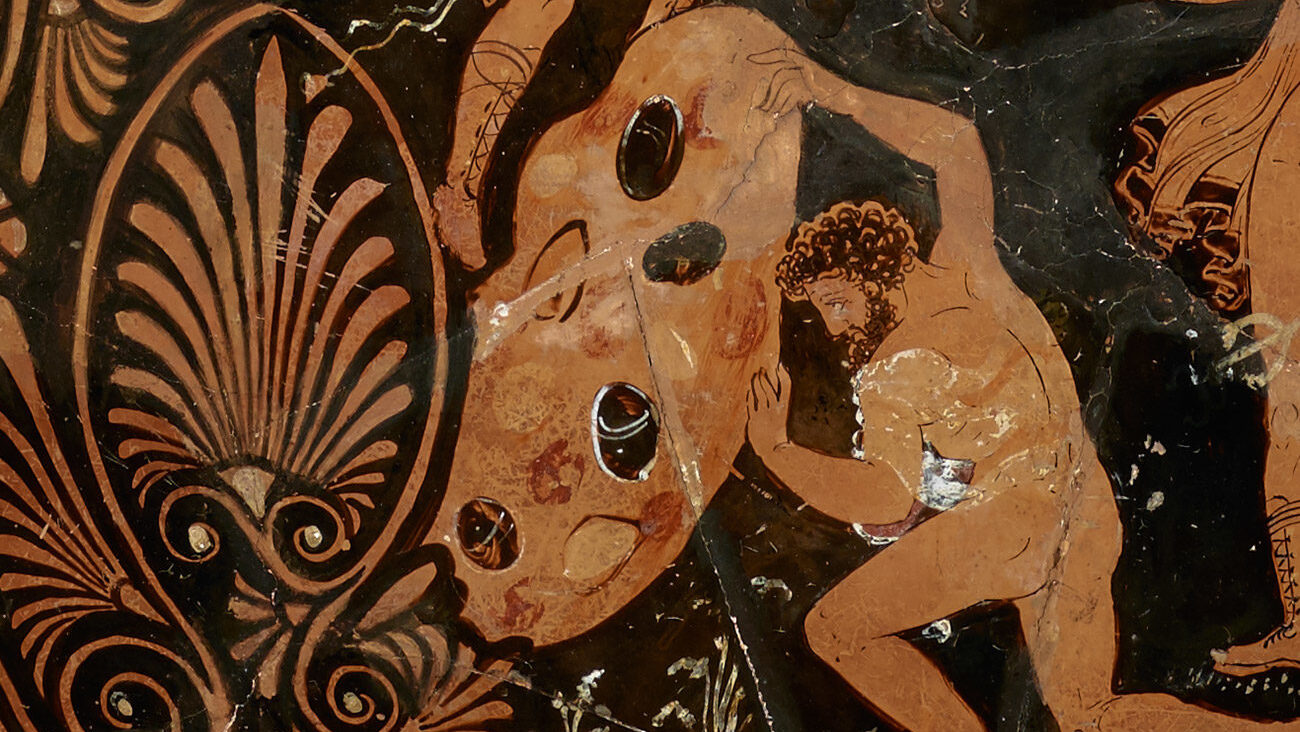As a triennial international survey, PISA evaluates the educational systems worldwide by testing the knowledge and skills of 15-year-old students. On a global scale Estonia scored 547, Finland – 537, and Canada – 532. The rest of the top ten were Poland, Australia, USA, Portugal, Latvia and Lithuania.
Worldwide some 600,000 15-year-old students completed the PISA assessment in 2018, representing 79 countries, including 36 OECD states. In Estonia this was 5316, or 75 percent of those 15-year-old students. Russia had 25 percent of this group participate. While it may be a malicious suggestion, some have observed that all participating countries should be required to have the same proportion of that particular student population tested – in essence most of the students rather than the least – to avoid the possibility of only hand-picked high achievers competing. Also, an authentically random selection of student would eliminate any selection of bias.
It must also be noted that Estonian students have won hundreds of medals at educational Olympiads over the last decade. The PISA results (Estonia ranking first in reading, math and science in Europe and first in financial literacy globally) have implications much wider than a recognition of excellence in educational policy and methodology. The PISA results are translatable to the international business world… (Read more via Estonian Life No. 20 2020 paper – PDF/DIGI)
Laas Leivat, Toronto



